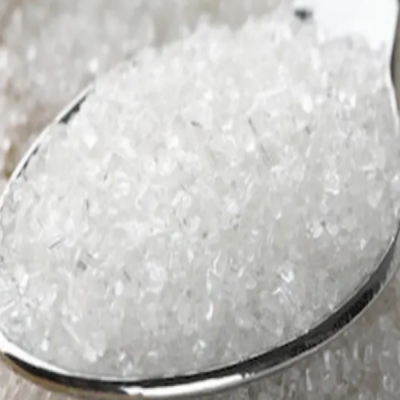What is Monosodium Glutamate and is it Safe to Eat?
Monosodium Glutamate, commonly known as MSG, is a food additive that has been used for decades to enhance the flavor of various dishes. However, it has also been the subject of much controversy and debate regarding its safety and potential side effects. In this article, we will explore what MSG is, the function it plays in foods, its classification as halal, the role of manufacturers, and its overall safety as a food grade additive.
Monosodium glutamate (msg) powder is the sodium salt of glutamic acid, an amino acid found naturally in many foods. It was first isolated and manufactured in Japan in the early 20th century, and its popularity quickly spread around the world due to its flavor-enhancing capabilities. Glutamic acid is also naturally present in foods such as tomatoes, cheese, mushrooms, and meat.
The primary function of monosodium glutamate granule is to enhance the umami taste in foods. Umami is often described as a savory or meaty taste, and it is one of the five basic tastes, alongside sweet, sour, bitter, and salty. MSG works by stimulating specific taste receptors on our tongues, enhancing the overall flavor of a dish without adding any distinct flavor of its own.
There has been a rising demand for halal food products globally, and MSG is no exception. Halal certification ensures that the food product meets Islamic dietary requirements, including the absence of any ingredients derived from haram sources. In the case of MSG, it is considered halal as long as it is sourced from halal-certified manufacturers and does not contain any haram additives or impurities.
Manufacturers play a crucial role in the production and quality control of MSG. Reputable manufacturers follow strict guidelines to ensure that their products are safe for consumption. This includes sourcing high-quality ingredients, employing rigorous testing procedures, maintaining good manufacturing practices, and adhering to regulatory standards set by food safety authorities. By choosing products from reputable manufacturers, consumers can have confidence in the safety and quality of the MSG they consume.
As a food additive, MSG has undergone extensive scientific research and has been deemed safe for consumption by various food regulatory authorities worldwide. The Joint Expert Committee on Food Additives (JECFA), the Food and Drug Administration (FDA) in the United States, and the European Food Safety Authority (EFSA) have all declared MSG to be generally recognized as safe (GRAS), when consumed in normal amounts.
However, some individuals may experience a sensitivity or intolerance to MSG, leading to symptoms such as headaches, flushing, sweating, and chest tightness. This condition is known as MSG symptom complex or “Chinese restaurant syndrome,” although it can occur following the consumption of any food containing MSG. It is important to note that these reactions are rare and generally mild. Moreover, studies have failed to consistently reproduce these symptoms in controlled trials, suggesting that other factors may contribute to individual reactions.
There are some main and hot sale food additives in our company, such as
sodium benzoate food additives
In conclusion, MSG is a food additive used to enhance the flavor of various dishes by providing the umami taste. It is considered halal when sourced from certified manufacturers and free from any haram additives. Reputable manufacturers play a crucial role in ensuring the safety and quality of MSG products. Extensive scientific research supports the safety of MSG when consumed in normal amounts, although some individuals may experience mild and rare symptoms. As with any food ingredient, moderation and individual tolerance should be considered.
Post time: Oct-27-2023





